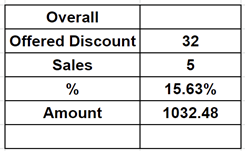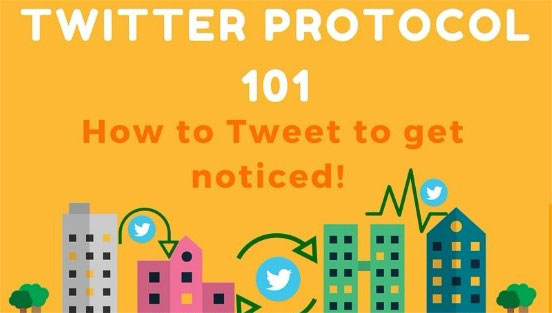Hopefully, you read my previous post about how to turn an unhappy customer into a revenue stream. If you didn’t then read that post below first.
Every time I have implemented this strategy in one of my businesses or helped others implement it, it has increased revenue.
For example, after my post someone reached out to me to help them implement the strategy.
The issue they had was that because they sell worldwide it is not always possible with their limited support team to call everyone.
Instead, I implemented a two-pronged approach.
- If possible, to phone the client and if not….
- Add a PS, or a comment in the email explaining how they could get a discount.
The template that they are using is this:
————–
P.S. We do apologize for any inconvenience caused, and because you are a valued member to us, should you wish to purchase any of our other products below, I have arranged a 50% off coupon for you. Use coupon code: CHRISTIE
Some Product 1
Some Product 2
Some Product 3
P.P.S. If you would like to know more about the courses, just drop me an email, or we can also arrange a call and I can walk you through the courses on offer. Here’s how you can contact me:
Skype – XXXXXX
Email – XXXXXX
Phone – XXXXX
————–
Each of the links goes to a page that is tracked so the sales can be attributed to the email or call.
The last four days results were as follows.

In all the niches I have implemented this strategy it created additional sales of between 10%-20%. Remember, this was from people who were either unhappy or had a problem.
I hope you found this article interesting.
Mark McRae
#markmcrae #businesscoach #businessmentor
<—————————– Original Post —————————>
It doesn’t matter what business you are in, you will eventually get unhappy customers. It could be a genuine complaint or it might be that the customer perceives there’s something wrong, but there actually isn’t.
It might be something outside your control, like a courier service, or the post office, or a third party who never did their part when fulfilling the order.
Here’s one way you can not only solve the problem, but turn it into a revenue opportunity.
Let’s say Mary calls in and is upset that the delivery is taking too long. There might be nothing you can do about that, but it’s important that customer feels their complaint is being taken seriously.
In sales, they call it being in the flow with the customer. In other words, you can’t win their trust if you start to push back. That will only make things worse.
But what if you handled it like this?
“I’m sorry to hear that. I’m just checking, and it looks like you are quite right. It hasn’t been delivered — my apologies for that. Look, I’ll tell you what I can do. We are running a special on brand X widget at 25% off. Since you have been inconvenienced by this. I can give you a 50% discount as a way of saying sorry.”
You can phrase it however you like, but the most crucial thing is that it doesn’t come across as a pitch, but rather that the support person is doing the only thing she can do, which is to give a discount. It could be a:
- Discount on the next sale.
- A discount on something you can offer over the phone.
- It could be a related product. For example, the customer might have ordered a bed, and you give them a discount on pillows.
- It might be a free strategy call, which could lead to a sale.
The ways you can monetize an unhappy customer are endless, and best of all is that you change them from an unhappy customer to a happy one.
Warmest Regards
Mark McRae

















